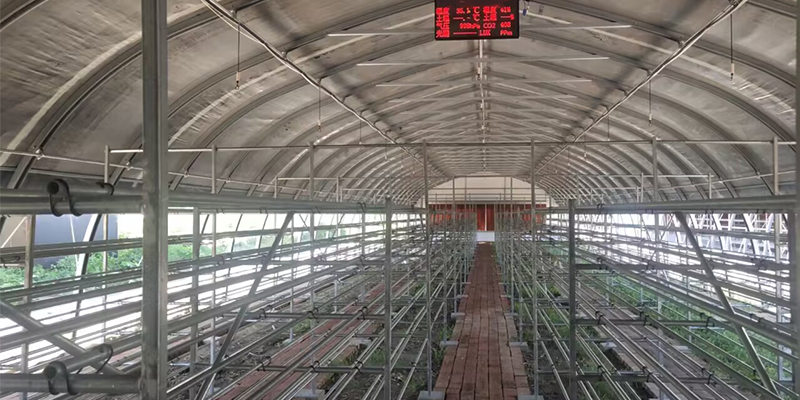Extreme rainstorms in summer will have a major adverse impact on the production of Agaricus bisporus and other grass rot fungi, and will cause problems such as raining and soaking of culture materials with poor facilities or stacked in the open. In order to help producers of Agaricus bisporus and other grass rot fungi to strengthen management, safely survive disasters and post-disaster weather conditions, here are the following measures or suggestions:
1. Producers who make grass-rot fungus cultivation substrates such as Agaricus bisporus in the open air must not put them on the shelves for sowing if the cultivation substrate has a high water content and water flows out of the materials that are lightly held by hand. It must be dried to reduce the water content to the point where water overflows between the fingers of the hand-held material, and it can be used with a maximum of 1-2 drops.
2. Due to the delay in the operation time of turning material and putting on shelves due to rain, the culture material is over-fermented. If it becomes sticky and smelly, it can no longer be used for Agaricus bisporus cultivation, and it is best to discard it. It can also be used as other fertilizers, otherwise it will cause more losses of bacteria, labor and so on.
3. Due to the rain, the relative humidity of the air in the mushroom house is relatively high. Attention should be paid to strengthening the ventilation of the mushroom house to prevent the occurrence of high temperature and high humidity (relative air humidity) in the mushroom house at the same time, resulting in the occurrence of diseases and insect pests.
 4. Scientifically handle the cut mushroom feet, umbrella mushrooms, etc., and avoid rotting around the aisle at the door of the mushroom house to minimize self-made pollution sources.
4. Scientifically handle the cut mushroom feet, umbrella mushrooms, etc., and avoid rotting around the aisle at the door of the mushroom house to minimize self-made pollution sources.
5. By reducing the temperature of the mushroom house, the growth rate of fresh mushrooms on the bed is slowed down, and the pressure of picking labor and the backlog of fresh mushroom products are relieved.
6. Check the main materials such as wheat straw and cow dung stored in the open air. If they are wet or soaked in rainwater, they must be checked for mold and fermentation. If they are serious, they cannot be reused.
7. After the rain, the site should be treated with insecticide to prevent insect pests such as spider mites.
